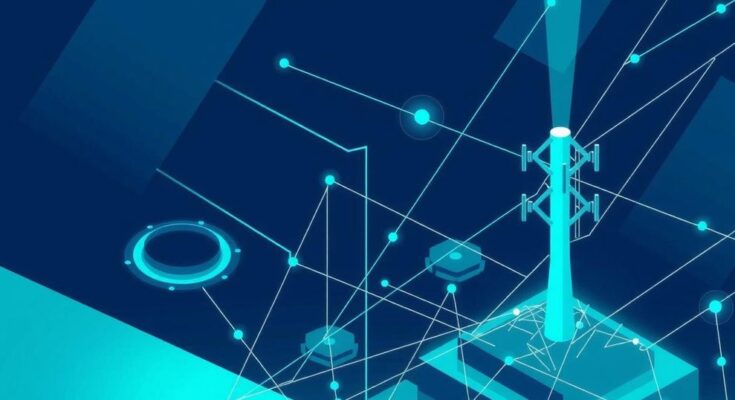CITAD has warned that rising data costs in Nigeria will exacerbate the digital divide, leaving underserved communities without vital internet access. Hadeija highlighted the impact of tariff increases, which hinder educational access for students in these areas. He emphasized the need for policy interventions and support for community networks to bridge the connectivity gap.
The Centre for Information Technology and Development (CITAD) has expressed apprehension regarding the rising costs of internet data in Nigeria, indicating that this trend exacerbates the nation’s digital divide. The organization warns that increased data prices will further alienate underserved communities from essential online services. Haruna Adamu Hadeija, Coordinator of the Community Network at CITAD, made these statements during a press briefing in Kano.
Hadeija pointed out that the recent 50% tariff increase on data, voice calls, and SMS, sanctioned by the Nigerian Communications Commission (NCC), poses significant barriers for communities already facing connectivity challenges. He articulated the hardships faced by families in marginalized areas, where elevated data costs hinder access to online learning for students.
Approximately 27.91 million individuals in 97 underserved communities remain without internet access, as reported by the Universal Service Provision Fund in 2022. Hadeija stressed that the absence of connectivity particularly affects students, youth, and women in rural regions. He illustrated the lengths to which parents must go to secure internet access for necessary educational assessments.
CITAD emphasized the importance of immediate policy interventions to mitigate the growing digital disparity. Hadeija urged the Minister for Digital Economy to officially recognize community networks as a vital part of the connectivity landscape, advocating for support from the Universal Service Provision Fund to empower local communities to establish their connectivity initiatives.
Furthermore, CITAD suggested implementing capacity-building programs to help local communities become self-sufficient by developing their own, community-centered networks, which would complement existing Mobile Network Operators rather than compete with them.
In conclusion, rising data costs in Nigeria pose a serious threat to internet accessibility, particularly affecting marginalized communities. The current 50% increase in tariffs not only worsens the digital divide but also inhibits educational opportunities for millions. Urgent policy actions and support for community networks are essential to foster connectivity and empower underserved populations.
Original Source: dailypost.ng




